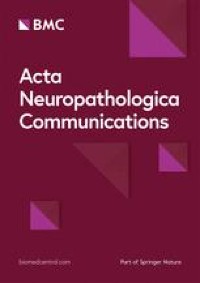Abstract
Previous studies show that 3β-hydroxysterol-Δ24 reductase (DHCR24) has a remarked decline in the brain of AD patients. In brain cholesterol synthetic metabolism, DHCR24 is known as the heavily key synthetase in cholesterol synthesis. Moreover, mutations of DHCR24 gene result in inhibition of the enzymatic activity of DHCR24, causing brain cholesterol deficiency and desmosterol accumulation. Furthermore, in vitro studies also demonstrated that DHCR24 knockdown lead to the inhibition of cholesterol synthesis, and the decrease of plasma membrane cholesterol and intracellular cholesterol level. Obviously, DHCR24 could play a crucial role in maintaining cholesterol homeostasis via the control of cholesterol synthesis. Over the past two decades, accumulating data suggests that DHCR24 activity is downregulated by major risk factors for AD, suggesting a potential link between DHCR24 downregulation and AD pathogenesis. Thus, the brain cholesterol loss seems to be indu ced by the major risk factors for AD, suggesting a possible causative link between brain cholesterol loss and AD. According to previous data and our study, we further found that the reduced cholesterol level in plasma membrane and intracellular compartments by the deficiency of DHCR24 activity obviously was involved in β-amyloid generation, tau hyperphosphorylation, apoptosis. Importantly, increasing evidences reveal that the brain cholesterol loss and lipid raft disorganization are obviously linked to neuropathological impairments which are associated with AD pathogenesis. Therefore, based on previous data and research on DHCR24, we suppose that the brain cholesterol deficiency/loss might be involved in the pathogenesis of AD.




Δεν υπάρχουν σχόλια:
Δημοσίευση σχολίου